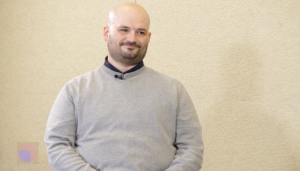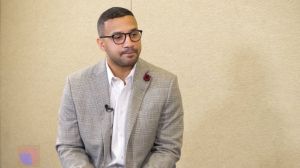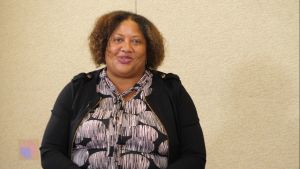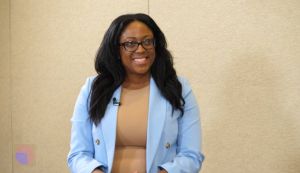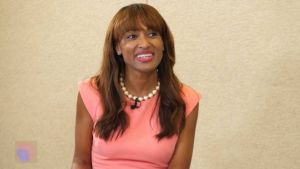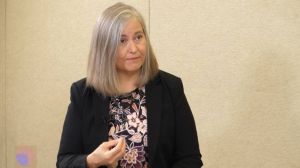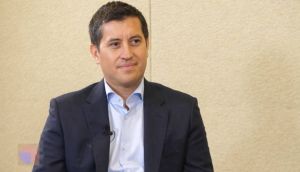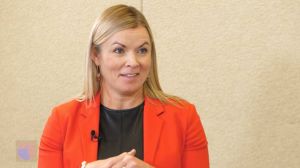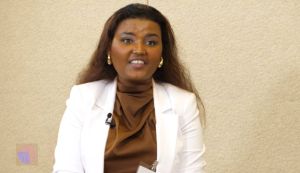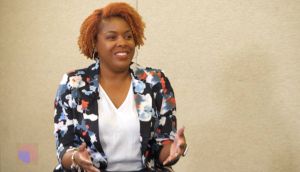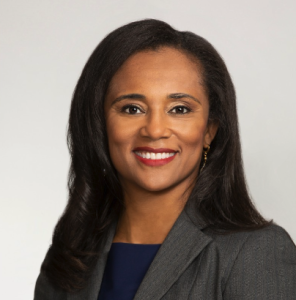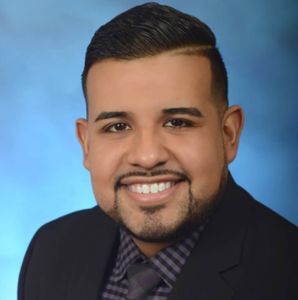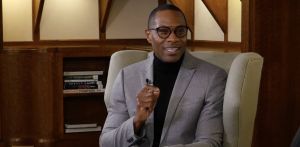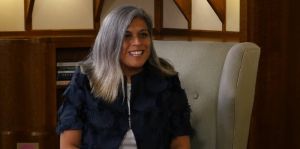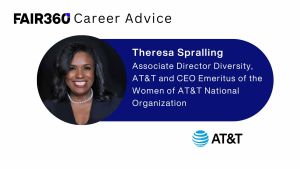Coleman, talks with Fair360, formerly DiversityInc about his journey transitioning from life in the U.S. Navy to working as an Assistant Hospital Administrator for Kaiser Permanente.
Anthony B. Coleman, DHA, is the Assistant Hospital Administrator (Operations Support) for Kaiser Permanente, Fontana and Ontario Medical Centers.
He was born at Kaiser Permanente Los Angeles Medical Center. At 17, he enlisted in the U.S. Navy serving aboard the USS Pioneer (MCM 9) and USS Ardent (MCM 12). After completing a full sea tour he was transferred to shore duty, and earned a Bachelor’s degree in Workforce, Education and Development, as well as a Master of Health Administration.
He later earned a commission as a Naval Officer serving in various roles overseas and afloat, including Chief Financial Officer at U.S. Naval Hospital Beaufort SC, Human Resources Director at U.S. Naval Hospital Yokosuka, Japan and Medical Operations Officer onboard the USS Harry S Truman (CVN 75) nuclear powered aircraft carrier.
Anthony retired in 2016 with 20 years of honorable service and holds a Doctor of Health Administration Degree and currently serves as the Assistant Administrator (Operations Support) for Kaiser Permanente Fontana and Ontario Medical Centers.
DI: What was the initial transition like going from the armed services to a civilian career?
My initial thoughts on transition brought unnecessary anxiety. However, when I learned that my preceptor was a retired Air Force Colonel, it helped put me at ease about the transition. On my first day at Kaiser Permanente, the staff and physicians welcomed me and ensured that I had the support I needed to make a successful transition.
DI: What are some skills or habits you developed while serving in the military that have helped you in your current role?
Two things stick out in my mind as important.
The first is transitioning mindset from duty to desire. I joined the navy at 17, and during the first 3-5 years of my military career I didn’t realize I was part of something bigger than myself so I competed tasks out of obligation (duty). After completing my first full sea tour, I realized how my efforts contributed to the overall mission of the U.S. Navy and the duties I carried out started to come from a desire to do so. This realization helped shape my leadership style and how I groomed young sailors early on in their enlistments. I wanted them to realize their very important part in the overall U.S. Navy mission and motivate them to bring their “A” game every day.
This has helped in my current role overseeing nine non-clinical departments (Housekeeping, Food and Nutrition, Engineering, Construction, Parking, Safety, Property Management, Telecommunications, Security and Supply Chain Management) where the majority of the employees I oversee are entry-level and can feel disconnected to health care because they are not physicians or nurses. However, I stress to them as often as possible that whether their job is to nourish the patient, clean and disinfect a patient room, make sure life-saving equipment is in working order, or any other of the hundreds of non-clinical functions they perform day in and day out, they too are vital to a patient’s health and healing.
The second is attention to detail. Most times, my staff are the first and/or last interaction our members have with Kaiser Permanente. It is crucial for them to pay attention to every detail about the patient they encounter because each and every detail about the patient, large or small can help us do a better job in serving them. Sometimes, it may be as simple as a smile or word of encouragement that could make all the difference in the patient experience.
DI: What career advice can you offer to veterans or current military folks who are looking to pivot, and what types of jobs should they be looking for?
Stay current in world health affairs, as well as the political climate in the US. Now more than ever, politics are shaping our approach to health care and vice versa. Veterans and current military members should make sure they have an idea of where civilian health care is, as well as where it’s going in the future, so they can demonstrate their value to potential health care employers.
Devote time to discovering their passion and allow it to lead them to a profession. So often, when military members plan to transition to civilian life, they tend to focus on their ability to continue providing for their families beyond military service. This can cause us to accept positions for the sake of securing post military employment, or accept positions that are not aligned with our core beliefs, or passion.
DI: Did you always have an idea of the type of career you wanted to pursue after the military?
Yes. As a matter of fact, I began planning my exit from the military in 2005 when I discovered my passion for eliminating health disparities however, because I was a single father of a 5 year old girl, my mom convinced me to complete a full career first.
In 2004, the Navy sent me to graduate school to learn how to be a health administrator. During the summer of 2005, I interned at Wallace Thomson Hospital in rural Union County, South Carolina. While there I met a kitchen worker who impressed me with her skill in preparing meals for all of the sick patients at the hospital, specific to their individual needs. Her name was Pee Wee and even though she never finished high school, and worked a second job to make ends meet she somehow found a way to show compassion for each patient while contributing to the healing environment.
After the rotation was complete, I went back to finish graduate school and learned that Pee Wee died of a stroke. She was 52. Her death really affected me and I began to look at how a person in America could die so young of a preventable health issue. That’s when I learned about health disparities and discovered my passion for eliminating them. I understand that I may not be able to complete this task in my lifetime however, I am completely comfortable with making it my life’s work at Kaiser Permanente.


